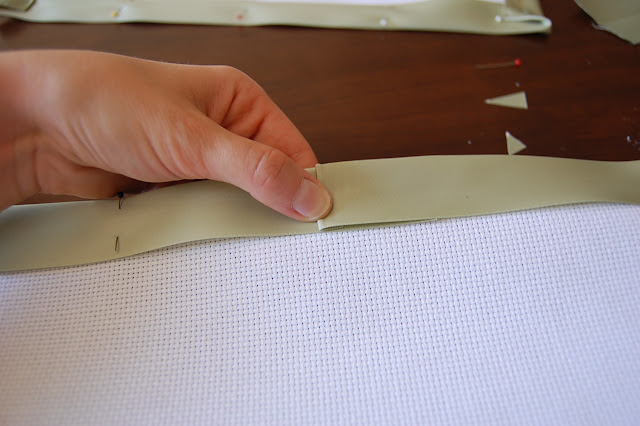Several years ago, my husband and I attended the wedding of a dear friend. It was an amazing party with lots of music and dancing. Even my husband, reluctant dancer that he is, was tearing up the dance floor. As the night wore on and the music slowed, we headed back to our table for a break and refreshments.
We were sitting at our table for a few minutes when my husband leaned in toward me and directed my attention to the other side of the room. We watched as a father gently helped his mentally and physically handicapped daughter, about 9 years old, out of her harness and wheel chair, and lifted her off her feet so that they could sway to the music. Tears came to my eyes as I beheld this image of brokenness and love. The fallen world and the heavenly world somehow coexisted, and the heavenly was all the more visible because of the brokenness.
This afternoon we were listening to "music from Little House on the Prairie" by The Arkansas Traveler. The above memory came to mind as I held B and swayed to the music. I thought about how important it was that Pa had the skill of playing music. Pa's music carried the whole family through fires, failed crops, droughts, freezing cold long winters and unmentioned deaths.
It would be too simple to say that Pa's music was merely cheerful in otherwise hard times, because much of the music mentioned in the Little House books is not cheerful. It is beautiful, however, and I think it captures that feeling of the perfect and the imperfect living together. Early American music, in a unique way, brings together the sorrowful and the beautiful, the tragic and the defiance of tragedy.
It is inspiring in that way because, when facing difficulties, it is easy, for me at least, to say that all is bad and wrong, and nothing of the good exists because the bad exists. Sometimes it appears that the existence, and sometimes predominance, of the bad makes a mockery of the things I find good and delightful. The good is fragile in the face of evil. On a bad day it would be easy for me to say, about that father and daughter, "yeah, he loves her, but she's broken and that is an unbearable burden, a forever burden, for them both to carry, and no amount of love is going to fix that".
But Pa's music would say otherwise, as would that father at the wedding, and maybe I have some things to learn from those fathers.

















































